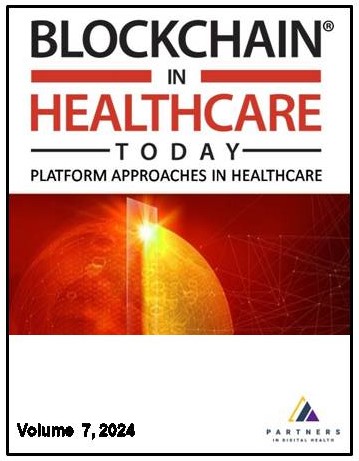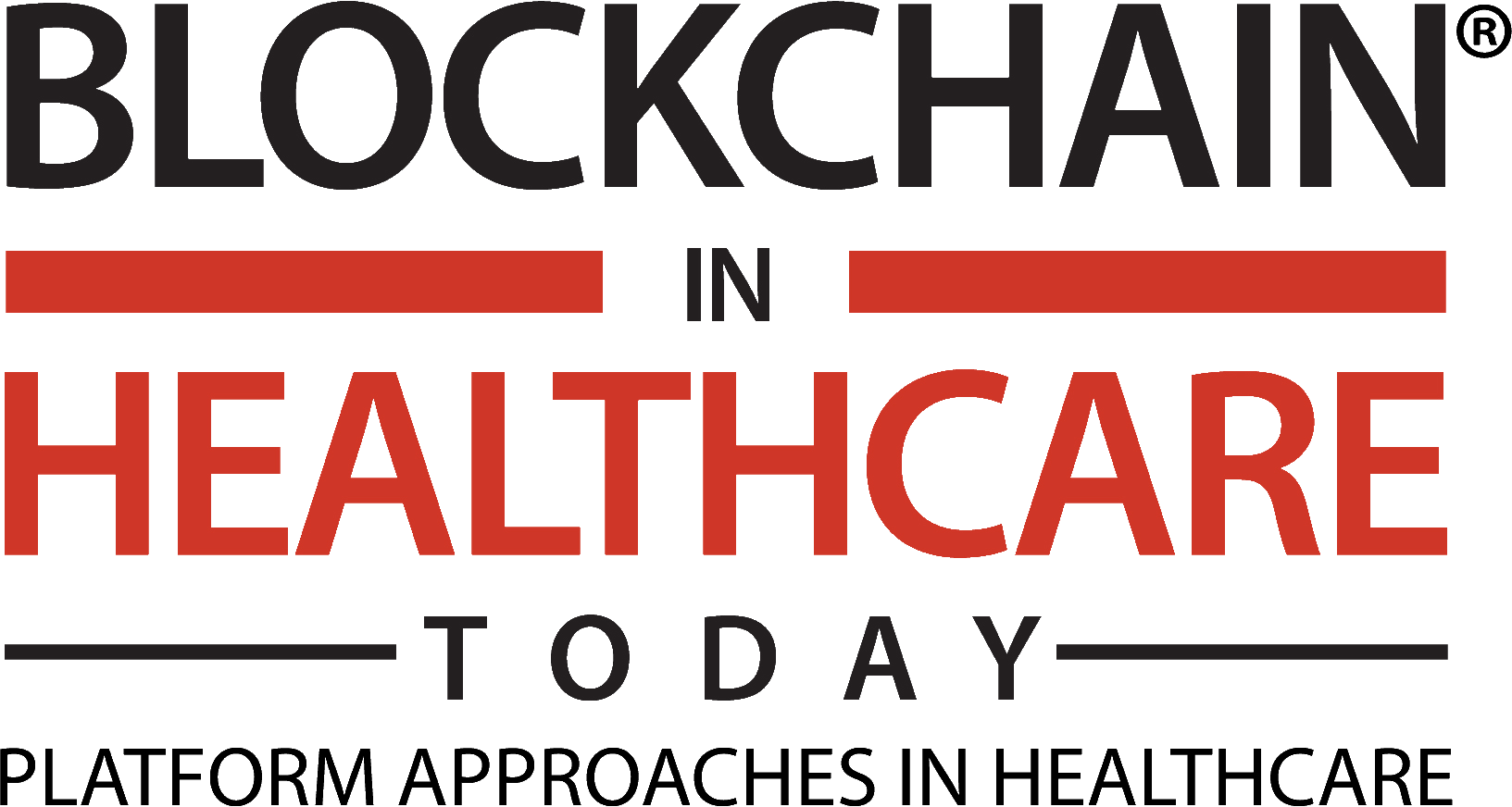
Additional files
More articles from Volume 7, Issue 1, 2024
Leveraging Decentralized Clinical Trial Management Systems (dCTMS) to Advance Science: Exploring Challenges related to the Diffusion of Innovation and its Execution
Pioneering New Business Models in Value Based Care
Blockchain in Health - From Pilots to Mainstream and Implications for AI
Data Economy in Healthcare on Blockchain Technology
EHR Systems and Blockchain: Potentials, Challenges and the Road Ahead
Article views
Citations

0
Non-Fungible Tokens for Organoids: Decentralized Biobanking to Empower Patients in Biospecimen Research
 ,
,

Abstract
Introduction: Scientists use donated biospecimens to create organoids, miniature copies of patient tumors1 that are revolutionizing precision medicine2 and drug discovery. However, current biobanking platforms remove patient names to protect privacy, precluding communication of health information and research findings between bench and bedside3. We leverage tokenization, transparency, and privacy-preservation of blockchain technology to advance a decentralized biobanking prototype empowering patient engagement in organoid research. Methods: We design and develop a proof-of-concept NFT framework4 for a simulated human cancer model research network. Our implementation deployed multiple smart contracts on Ethereum test networks which minted NFTs representing each stakeholder, biospecimen, and organoid, a NodeJS server using a Metamask wallet to interact with blockchain through an Infura hosted node, and a Flutter mobile application connected to a Firebase Database to demonstrate biobanking activities. Results: Our prototype demonstrated the viability of NFTs representing patients, physicians, scientists, and organoids while preserving privacy, and displayed how decentralized biobanking could be integrated into existing biobanking platforms5. The application featured key activities for patients, including biospecimen tracking, the ability to view organoids, learn about ongoing studies, and peer-to-peer communications with scientists. Discussion: Our prototype demonstrates proof-of-concept for a web3 platform that engages patients, physicians and scientists in an privacy-preserving organoid community. Further research is needed to advance decentralized biobanking features, encapsulating complex organoid research activities, and to assess feasibility and acceptability of implementing our approach.
Keywords
References
Citation
Copyright
This is an open access article distributed under the Creative Commons Attribution License which permits unrestricted use, distribution, and reproduction in any medium, provided the original work is properly cited.
Article metrics
The statements, opinions and data contained in the journal are solely those of the individual authors and contributors and not of the publisher and the editor(s). We stay neutral with regard to jurisdictional claims in published maps and institutional affiliations.

